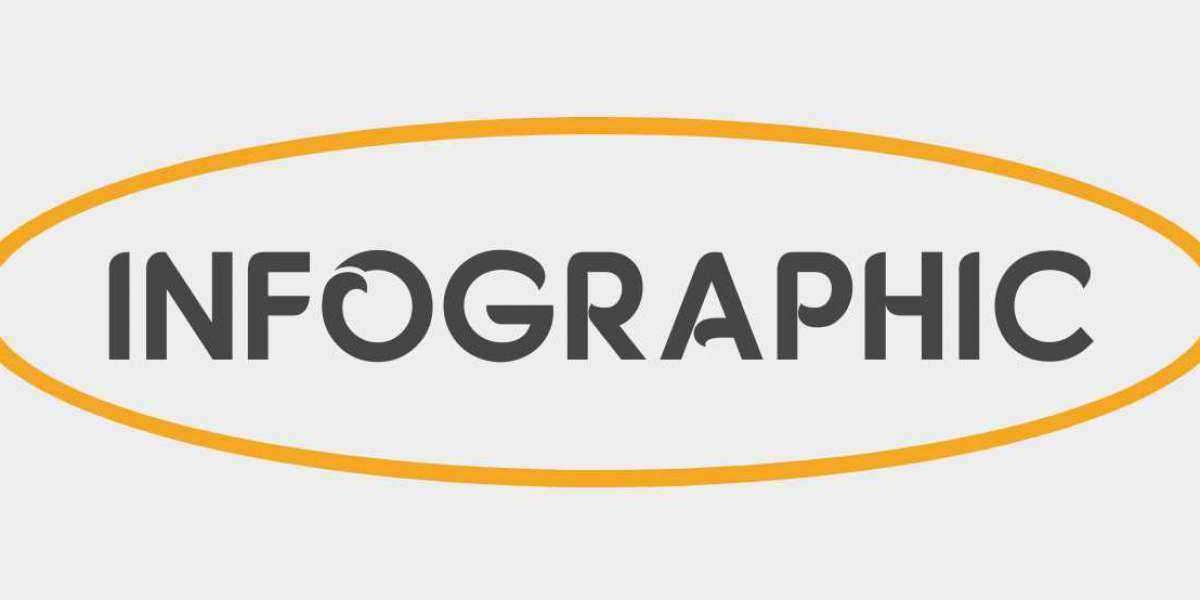What is the CMA Course?
The CMA course is offered by the Institute of Management Accountants (IMA), USA. It is designed for individuals aspiring to excel in strategic financial management and management accounting. Unlike traditional accounting programs that focus solely on financial reporting, the CMA course covers a broad spectrum of topics such as cost management, performance management, risk management, and financial analysis.
Benefits of the CMA Certification
- Global Recognition: The CMA designation is acknowledged worldwide, making it easier for professionals to work in various countries and multinational companies.
- Career Advancement: CMAs often secure leadership roles such as financial controllers, CFOs, or strategic consultants due to their expertise in financial decision-making.
- Higher Earning Potential: Certified Management Accountants tend to earn higher salaries compared to their non-certified peers.
- Comprehensive Skill Development: The course enhances analytical and decision-making skills, equipping professionals to handle complex financial challenges effectively.
Eligibility Criteria for the CMA Course
To enroll in the CMA program, candidates need to meet Certified Management Accountant Course specific requirements:
- Educational Qualification: A bachelor’s degree from an accredited institution.
- Professional Experience: Two years of full-time work experience in management accounting or financial management. (This can also be completed after passing the exams.)
- Membership: Candidates must be members of the IMA.
Structure of the CMA Course
The CMA course is divided into two parts, each covering distinct yet interconnected areas of financial management:
Part 1: Financial Planning, Performance, and Analytics
- Planning, budgeting, and forecasting
- Performance management
- Cost management
- Internal controls
Part 2: Strategic Financial Management
- Financial statement analysis
- Corporate finance
- Decision analysis
- Investment decisions
- Professional ethics
Each part is designed to build a solid foundation of knowledge and practical skills that are vital for success in the finance industry.
How to Prepare for the CMA Course
Preparation is the key to success in any certification program. Here are some tips to help you ace the CMA exams:
- Understand the Exam Format: The CMA exams are computer-based and consist of multiple-choice questions (MCQs) and essay questions. Familiarize yourself with the format to reduce anxiety on exam day.
- Join Cma Course Classes: Enrolling in professional classes can provide structured learning, expert guidance, and access to study materials.
- Utilize Study Resources: Leverage textbooks, online resources, practice exams, and video tutorials to strengthen your knowledge.
- Create a Study Plan: Divide the syllabus into manageable sections and set realistic study goals to ensure consistent progress.
- Focus on Weak Areas: Regularly evaluate your performance in practice tests and dedicate more time to topics where you struggle.
- Stay Consistent: Commit to a daily study schedule and stick to it. Consistency plays a crucial role in mastering the concepts.
Career Opportunities After CMA Certification
Obtaining the CMA certification Cma Course Classes can significantly boost your career prospects. Some of the roles you can pursue include:
- Financial Analyst
- Cost Accountant
- Management Accountant
- Chief Financial Officer (CFO)
- Financial Controller
- Corporate Strategy Manager
Additionally, the CMA certification is highly valued across industries such as manufacturing, consulting, financial services, and healthcare, making it a versatile qualification.
Challenges and How to Overcome Them
While the CMA course offers immense benefits, it is not without challenges:
- Time Management: Balancing work, studies, and personal life can be demanding. A well-structured study plan can help manage time effectively.
- Comprehensive Syllabus: The syllabus is vast and requires a thorough understanding of multiple topics. Break down the content into smaller sections and focus on mastering one topic at a time.
- Exam Pressure: The high-stakes nature of the exams can be intimidating. Regular practice and mock tests can help build confidence and reduce exam-day stress.
Why Choose CMA Over Other Certifications?
The CMA course stands out due to its focus on management accounting and financial strategy, unlike other certifications that primarily emphasize financial reporting or auditing. It bridges the gap between accounting and management, enabling professionals to play a pivotal role in organizational success.
Conclusion
The Certified Management Accountant course is a prestigious credential that equips professionals with the skills needed to excel in the dynamic world of finance and accounting. Whether you're looking to advance your career, increase your earning potential, or gain global recognition, the CMA certification offers all these benefits and more.
Investing in your professional growth through the CMA course is a decision that can pay dividends for years to come. Remember, the journey to becoming a CMA requires dedication, discipline, and determination, but the rewards are well worth the effort.







